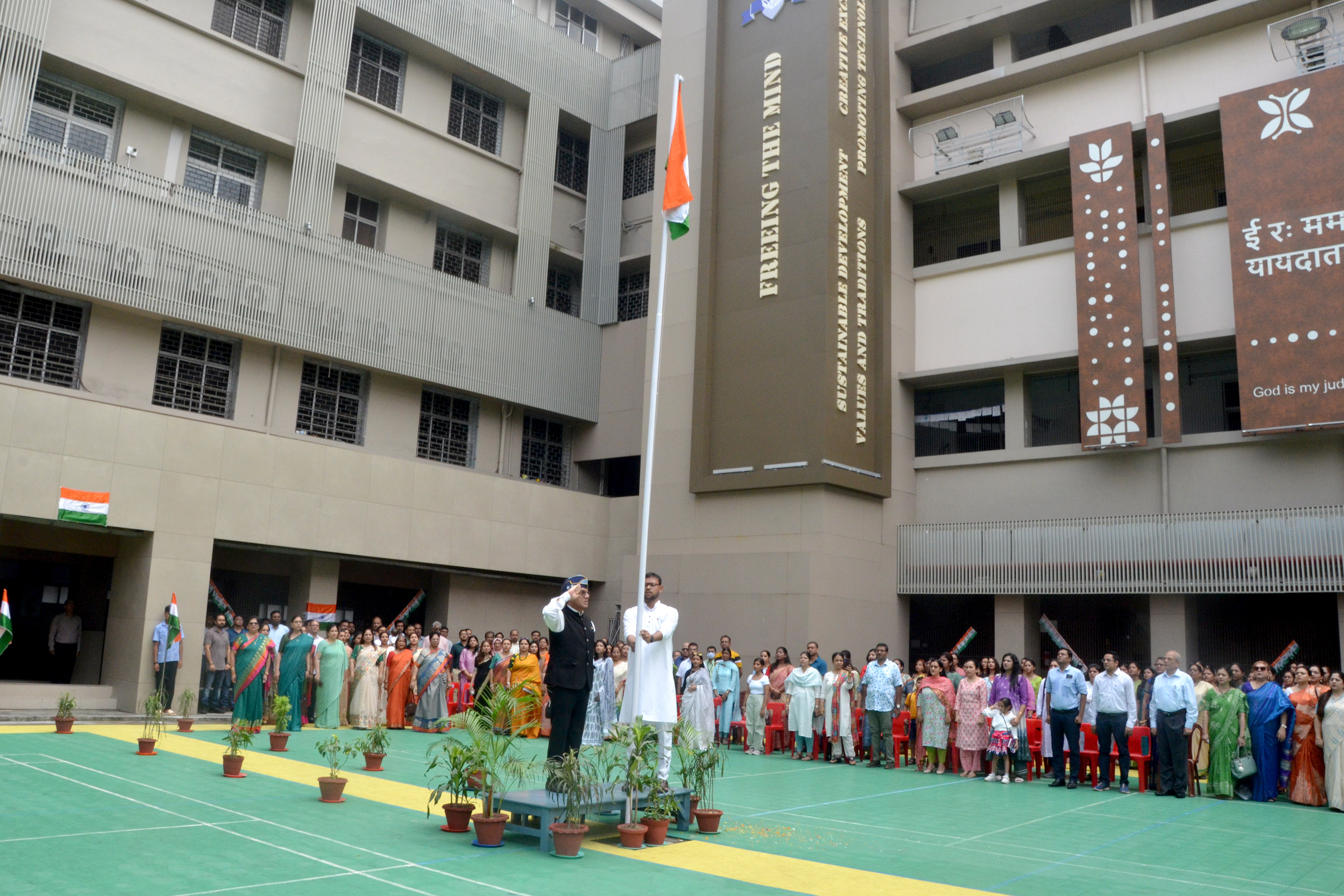
The Importance of Play-Based Learning in Early Education
- Category: Nurturing Curiosity
- Posted By: admin
In today’s fast-paced world, early education plays a crucial role in shaping a child’s future. At Birla High School, we recognize that learning should not be confined to books and classrooms alone. Play-based learning is an essential approach that fosters cognitive, social, emotional, and physical development in young learners. By integrating play into education, we ensure that students develop critical skills in an engaging and enjoyable manner.
What is Play-Based Learning?
Play-based learning is an educational method that encourages children to explore, create, and learn through play. It combines fun activities with meaningful learning experiences, allowing children to grasp complex concepts naturally. Unlike traditional rote learning, this approach stimulates curiosity, enhances problem-solving skills, and promotes social interactions.
Benefits of Play-Based Learning at Birla High School
1. Enhances Cognitive Development
Play-based learning allows children to engage in hands-on activities that improve their cognitive abilities. Games involving numbers, shapes, and patterns help develop mathematical skills, while storytelling and role-playing enhance language comprehension and communication.
2. Encourages Social and Emotional Growth
Through group play, children learn to share, collaborate, and understand different perspectives. Activities such as team-building exercises and imaginative play promote emotional intelligence, patience, and empathy – essential traits for holistic development.
3. Boosts Creativity and Problem-Solving Skills
At Birla High School, we integrate creative play into our curriculum, allowing students to express themselves freely. Activities like art, music, and drama enable them to think outside the box, while puzzle-solving and strategy-based games improve their analytical thinking.
4. Develops Physical and Motor Skills
Outdoor play, sports, and movement-based activities contribute to physical fitness and motor skill development. Jumping, running, and playing with objects enhance coordination, balance, and muscle strength, promoting overall well-being.
How Birla High School Implements Play-Based Learning
Birla High School follows a structured yet flexible approach to play-based learning. Our classrooms are designed to provide an interactive and stimulating environment, with age-appropriate learning materials that encourage exploration and discovery.
- Interactive Learning Spaces: Our classrooms are equipped with toys, puzzles, and educational games that support hands-on learning.
- Storytelling and Role-Playing: Children engage in storytelling sessions and role-playing activities that enhance their imagination and communication skills.
- Outdoor and Physical Activities: We provide ample opportunities for outdoor play, sports, and physical exercises that develop motor skills and teamwork.
- STEM-Based Play: Science, technology, engineering, and math (STEM) activities are introduced through play, helping students understand fundamental concepts in an enjoyable manner.
The Future of Play-Based Learning
As education continues to evolve, play-based learning remains a fundamental aspect of early childhood development. At Birla High School, we believe in nurturing well-rounded individuals by providing an education system that balances academics with play. This approach ensures that students develop a love for learning, creativity, and essential life skills that will benefit them in the long run.
Conclusion
Play-based learning is more than just fun – it is an integral part of early education that fosters cognitive, social, emotional, and physical development. At Birla High School, we are committed to incorporating this innovative approach into our curriculum, ensuring that our students receive a well-rounded and engaging learning experience. By embracing play, we pave the way for a brighter and more successful future for our young learners.


